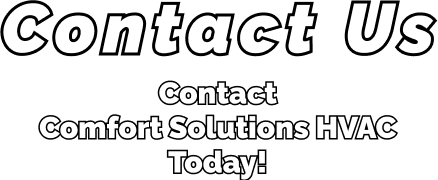Air filters play a crucial role in maintaining indoor air quality and ensuring the efficient operation of your HVAC system. While often overlooked, air filters serve as the first line of defense against airborne particles, pollutants, and allergens. Understanding their significance, selecting the right filters, and adhering to a regular replacement schedule are essential for optimal HVAC performance and your health. Prioritizing air filter maintenance not only enhances comfort but also contributes to a healthier, greener home.
The Importance of Air Filters
Air filters serve multiple functions within HVAC systems, including:
- Particle removal – Air filters trap dust, pollen, pet dander, and other airborne particles, preventing them from circulating throughout your living environment.
- Equipment protection – Clean air filters help protect your HVAC equipment by preventing dust and debris from accumulating on vital components such as coils, fans, and motors. This enhances system efficiency and longevity while reducing the need for repairs.
- Energy efficiency – By maintaining a clean filter, your HVAC system can operate more efficiently, leading to lower energy consumption and reduced monthly utility bills.
Choosing the Right Air Filters
Selecting the appropriate air filters for your HVAC system requires consideration of several factors:
- Filter efficiency: Air filters are rated based on their Minimum Efficiency Reporting Value (MERV) or their ability to capture particles of varying sizes. Higher MERV ratings indicate greater filtration performance and system airflow requirements.
- Allergen sensitivity: If you or your family suffer from allergies or asthma, you may benefit from specialized filters designed to capture smaller particles like mold spores or bacteria. Look for HEPA (High Efficiency Particulate Air) filters or those certified by organizations such as the Asthma and Allergy Foundation of America (AAFA).
- System compatibility: Ensure that the selected filters are compatible with your HVAC system’s specifications regarding size, thickness, and airflow capacity. Consult the manufacturer’s recommendations or seek guidance from an HVAC professional if unsure.
- Maintenance considerations: Evaluate the ease of filter replacement and associated maintenance tasks. Some filters require more frequent changes than others, depending on factors like indoor air quality and system usage.
Replacing Air Filters
Regular filter replacement is crucial for maintaining optimal HVAC performance and indoor air quality. Here are the steps you should take to make sure you’re taking proper care of your air filter:
- Frequency: The frequency of filter replacement depends on various factors, including filter type, MERV rating, indoor air quality, and usage patterns. As a general guideline, standard filters should be replaced every 1 to 3 months, while high-efficiency filters may last up to 6 to 12 months.
- Visual inspection: Conduct visual inspections of filters at regular intervals to assess their condition. Replace filters if they appear dirty, clogged, or damaged, even if it’s before the recommended replacement interval.
- Professional maintenance: Consider scheduling professional HVAC maintenance at least once a year, during which a technician can inspect, clean, and replace filters as needed, in addition to addressing other system components.
Take control of your indoor air quality with Comfort Solutions HVAC today. Contact us now to learn more about choosing the right air filter for your system so that you and your family can enjoy a healthier home environment.






